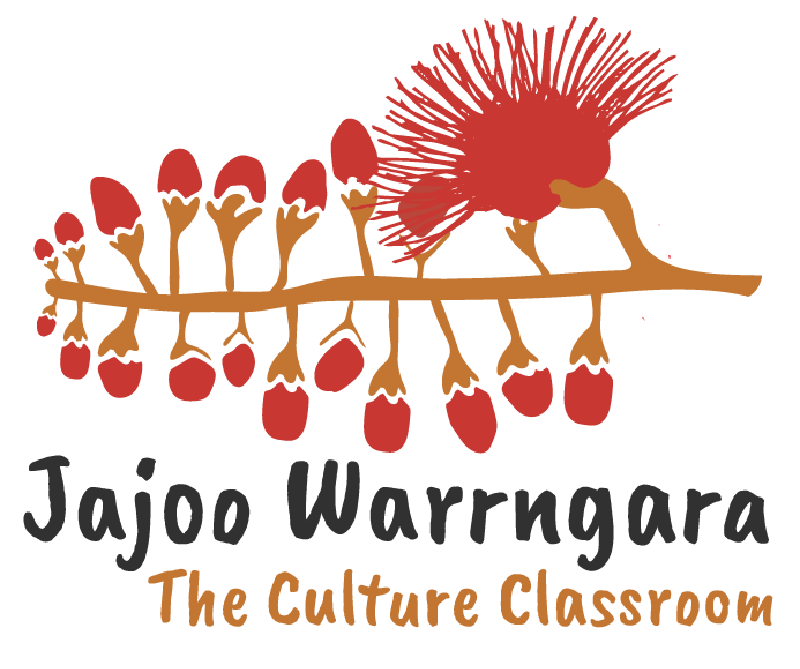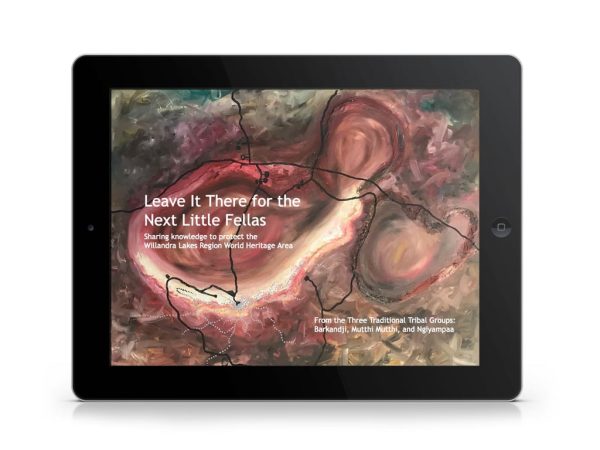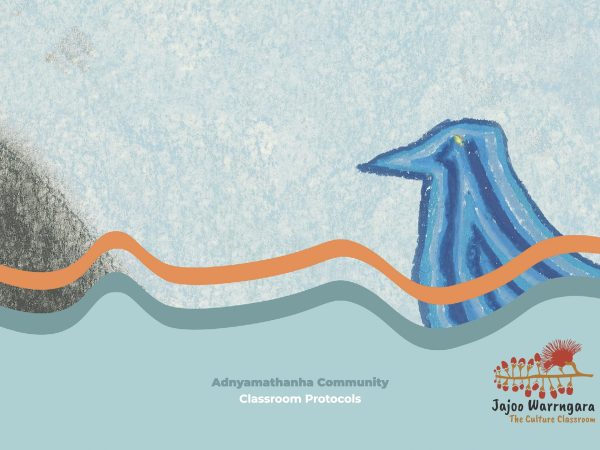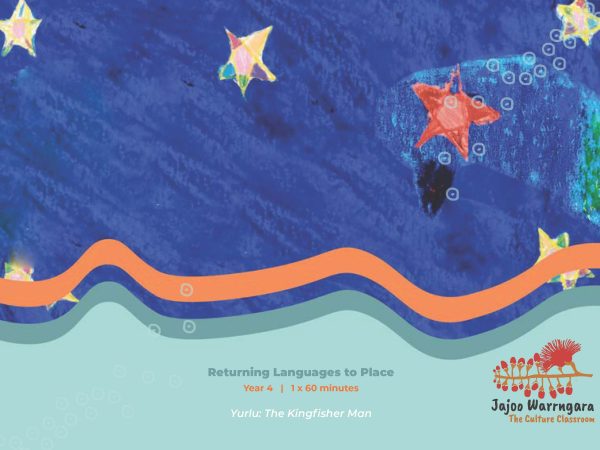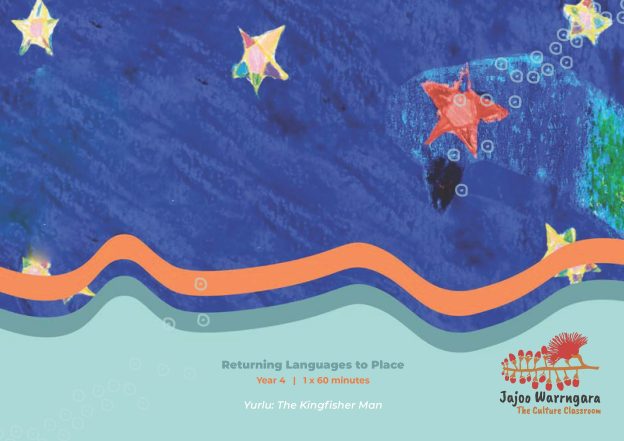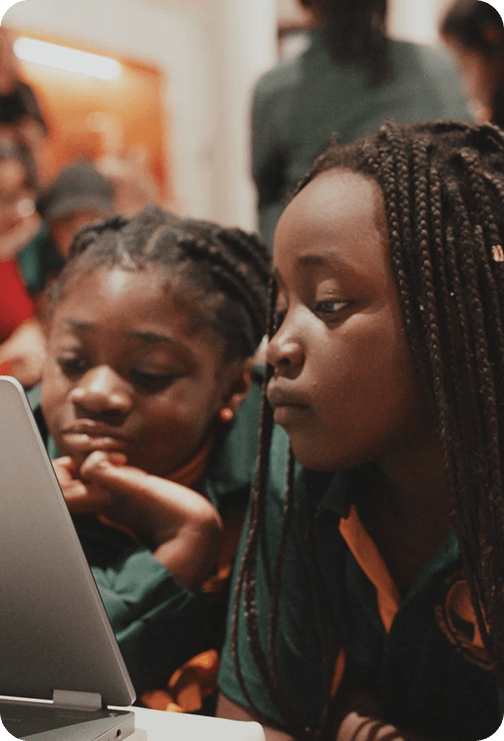Learning Areas
HASS | English | Aboriginal and Torres Strait Islander Histories and Cultures
In this unit
The intended learning for the lesson: Students will conduct research to identify different sources of information and identify different points of view in order to distinguish facts from opinions. In doing so, they will interact and respect other people’s point of view.
This unit includes:
Learning Areas
Cross Curriculum Priorities
Aboriginal and Torres Strait Islander Histories and Cultures
Related Units
Unit Content
